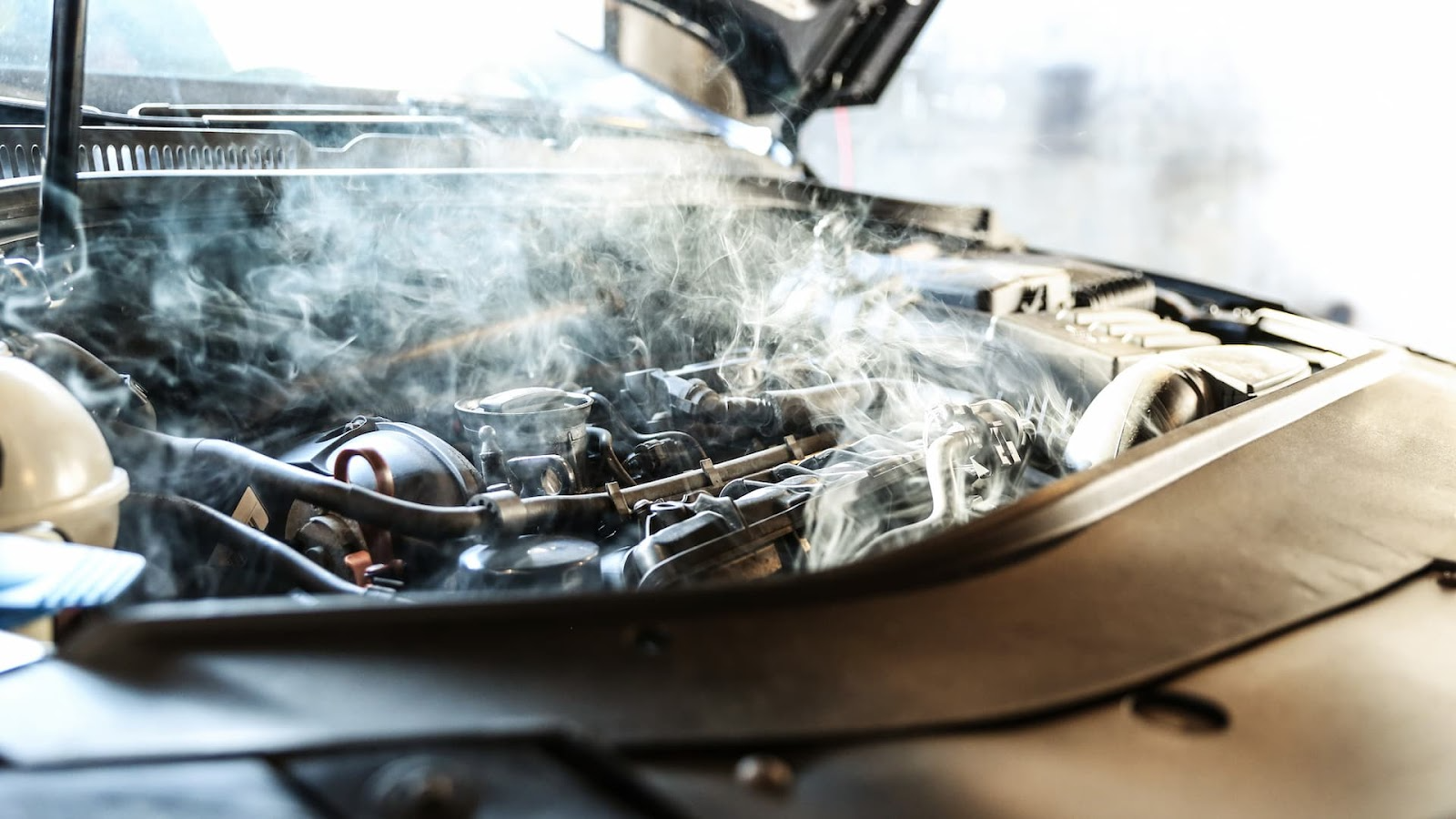What to Do When Your Engine Overheats? Causes, Symptoms, and Solutions

(Photo credit: autonation)
The engine is the heart of a car, and overheating is one of the most common yet dangerous problems drivers may face. When the cooling system fails, the engine temperature can rise beyond safe levels. If not handled properly, this can lead to severe damage—even a complete engine replacement. Let’s explore the symptoms, causes, and proper steps to take when your engine overheats.
Symptoms of an Overheating Engine
- Temperature gauge rising above normal levels.
- Warning light on dashboard indicating high temperature.
- Steam or smoke coming from the hood.
- Loss of engine power or rough running.
- Burning smell or coolant odor inside the cabin.
Common Causes of Engine Overheating
- Low or leaking coolant preventing proper cooling.
- Clogged radiator due to rust or debris buildup.
- Faulty radiator fan not spinning to release heat.
- Broken water pump stopping coolant circulation.
- Stuck thermostat blocking coolant flow.
- Using plain water instead of coolant leading to corrosion.
What to Do Immediately When Your Engine Overheats
- Pull over safely and turn off the A/C to reduce load.
- Let the engine idle for a while, then shut it off. Avoid turning it off immediately to prevent heat buildup.
- Never open the radiator cap while hot—pressurized steam can cause serious burns. Wait 15–30 minutes until the engine cools.
- Check coolant levels and top up if necessary, preferably with proper coolant rather than plain water.
- If overheating persists, call for roadside assistance or tow the car to a service center. Do not keep driving.
How to Prevent Engine Overheating
- Regularly check and maintain coolant levels.
- Flush and replace coolant as recommended by the manufacturer.
- Inspect the radiator, hoses, and cap for leaks or wear.
- Ensure the radiator fan and related electrical systems are working properly.
- Follow routine maintenance schedules to minimize risks.
Conclusion
Engine overheating is a serious issue that requires immediate and careful attention. Knowing how to respond in the moment can save your engine from permanent damage. The best solution, however, is prevention—regular maintenance and proper care of your car’s cooling system will help you avoid this stressful and costly problem.
Claim your free car valuation today!
Read More: 10 Tips to Keep Your Car Looking Brand-New
Looking for a car appraisal? You can contact us for a free car valuation within 24 hours…
